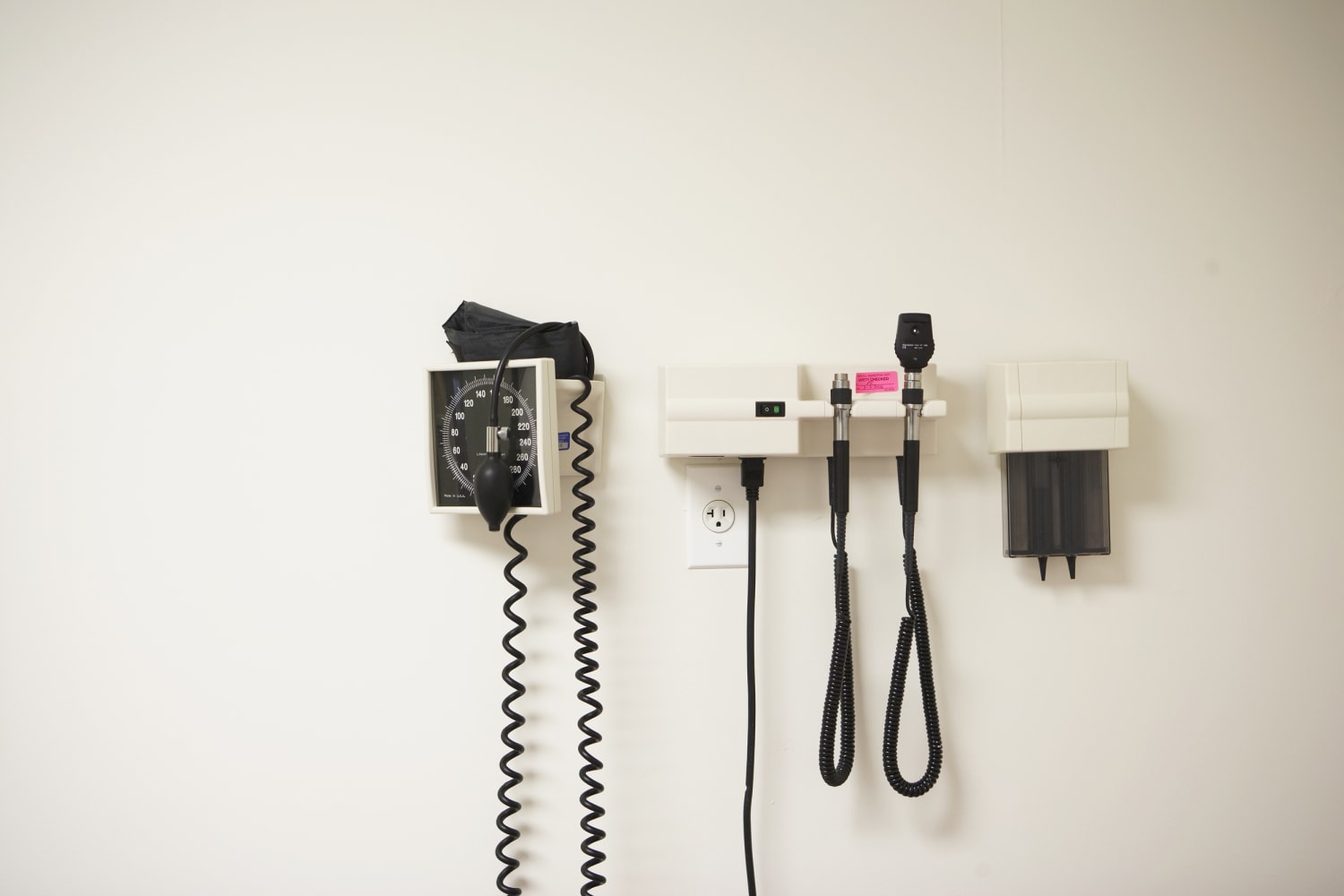
South Carolina became the seventh state last month to permit health care providers to decline to serve people if they feel doing so would violate their religious beliefs.
As a result, more than 1 in 8 LGBTQ people now live in states where doctors, nurses and other health care professionals can legally refuse to treat them, according to the Movement Advancement Project, an LGBTQ think tank. In addition to South Carolina, Mississippi, Alabama, Arkansas, Tennessee, Ohio and Illinois have similar measures in effect.
“The conflict between patient needs and religious directives has been a serious problem in the past, and I don’t see any sign of that issue being resolved quickly and easily.”
Jenny Pizer, lambda legal
Advocates and legal experts say the laws will further raise the barriers to health care for lesbian, gay, bisexual, transgender and queer patients.
“We often are worried that the expansion of religious rights in these contexts will be taken as a license to discriminate,” said Jenny Pizer, the law and policy director for the LGBTQ legal advocacy group Lambda Legal.
Proponents of such legislation, however, say the measures don’t allow providers to discriminate against or target LGBTQ people.
South Carolina state Sen. Larry Grooms, who supported his state’s law, the Medical Ethics and Diversity Act, told NPR in June that “it’s based on procedure, not on patients.”
“This is America, where you should have the freedom to say no to something you don’t believe in,” he told NPR.
Although “religious freedom” or “conscience” measures, as they’re often called, don’t explicitly list LGBTQ people among those who may be refused treatment, advocates say that in practice they are affected disproportionately.
Ivy Hill, the community health program director for the Campaign for Southern Equality, which promotes LGBTQ equality across the South, said transgender people are among those who will be the most negatively affected.
“When we have laws in place that make it easier for providers to discriminate, of course it’s not going to do anything but make it worse,” said Hill, who uses gender-neutral pronouns. “The people who are already on the margins of the margins are going to be the ones who are most deeply impacted by stuff like this.”
Even before the new law went into effect, they said, many trans people they work with in South Carolina struggled to find gender-affirming health care providers in the state willing to help them gain access to hormone therapy, leading some of them to travel to North Carolina to get care.
Hill said doctors usually don’t tell trans people that they won’t treat them for religious reasons, which makes it hard to know how often it happens. Research has found that LGBTQ people, particularly transgender people, are more likely to face medical discrimination.
A study published in 2019 found that 16 percent of LGBTQ adults, or about 1 in 6, reported experiencing discrimination in health care settings. A 2020 survey from the Center for American Progress, a liberal think tank, found that 16 percent of LGBTQ people, including 40 percent of transgender respondents, reported postponing or avoiding preventive screenings because of discrimination.
Maggie Trisler, who works in tech, said she had a great relationship with her primary care provider in Memphis, Tennessee, for about a year and a half in 2016 and 2017. He asked her in-depth questions about her health and the band she plays in, and he said he was going to take his wife to see her play.
Then, in March 2017, Trisler came out to him as transgender, and she said he suddenly became very cold and told her he doesn’t “know anything about the standards of care” for transgender people. He began to blame pain she was having on her weight, she said.
“It suddenly went from the best doctor-patient relationship I’ve ever had to just the absolute least helpful, most frustrating that I’ve had,” she said.
Three months later, Trisler said, the doctor effectively — although not explicitly — told her he couldn’t see her anymore.
“He did say that he was deeply uncomfortable treating me with [hormone replacement therapy], he wasn’t comfortable providing HRT, and if I was seeking that elsewhere, then maybe I should seek medical care elsewhere,” she said.
Trisler added that she was lucky to have good insurance and that it was easy for her to change doctors, although she acknowledged that she is “coming from a rather privileged position” and that what was just a nuisance for her could have been a “critical roadblock” for others.
While LGBTQ people have long faced barriers to health care because of religious refusals, Pizer said, such religious objections can violate both state and federal law in some cases.
Pizer pointed to a 2005 case in which the North Coast Women’s Medical Care Group in Southern California denied infertility treatments to her client Guadalupe “Lupita” Benitez because she is a lesbian. The providers argued that it was within their religious rights to refuse to offer treatment to Benitez, but the California Supreme Court decided that religious rights protected under California law don’t excuse violations of the state’s nondiscrimination law.
The court found that when doctors are “practicing in a particular field and offering services generally, according to patient needs in their field, they can’t pick and choose among patients in ways that violate the nondiscrimination law,” Pizer said.
Pizer said the problem with laws like South Carolina’s Medical Ethics and Diversity Act is that they use broad language that doesn’t give examples of situations in which a religious objection in medicine would violate medical standards or federal law. Many hospitals, including some that are religiously affiliated, receive federal funding. As a result, if they were to provide fertility treatments to heterosexual people and not to LGBTQ people, they would violate Section 1557 of the Affordable Care Act, which the Biden administration hopes to strengthen to better protect access to abortion and gender-affirming services.
Pizer said the issue is becoming more prominent and contentious as Catholic-affiliated institutions control an increasing proportion of the U.S. hospital system. As NBC News reported recently, more than 1 in 7 U.S. hospital patients are cared for in Catholic facilities.
“The conflict between patient needs and religious directives has been a serious problem in the past, and I don’t see any sign of that issue being resolved quickly and easily,” Pizer said. “A hospital that’s operating in a community to serve the community more broadly should not be imposing their religious beliefs on people that are not part of that faith or that are at the hospital for medical services, not religious services.”
Follow NBC Out on Twitter, Facebook & Instagram.
Source: | This article originally belongs to Nbcnews.com










